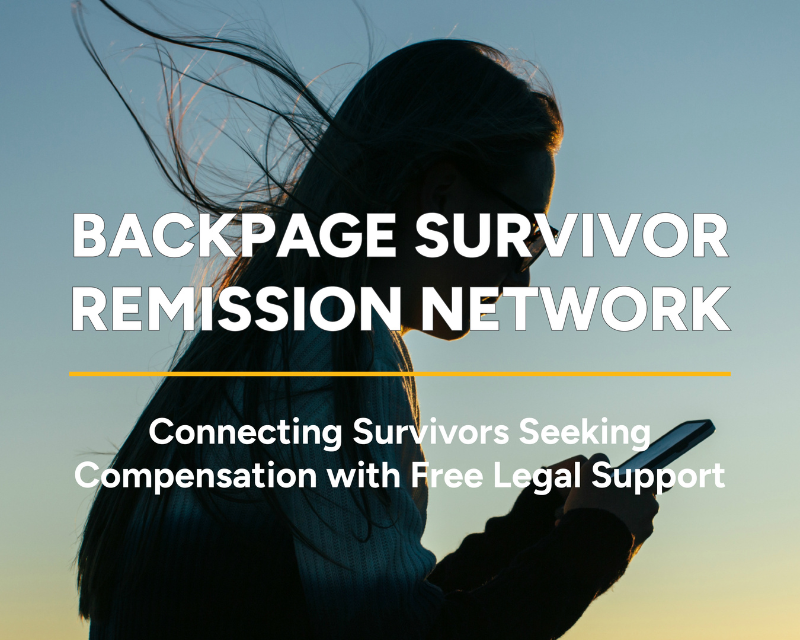
It’s an open secret in many parts of the United States that certain bars and nightclubs offer more than just drinks to customers. Men frequenting these venues will start a night of partying with drinking and flirtation, and top it off by paying for sex. What most people don’t know is that many women and girls working in these bars are not there by choice.
Polaris released a report yesterday that reveals how human trafficking at bars, nightclubs, and cantinas is widespread in the United States – and particularly among Hispanic and Latino communities. Some of the most violent criminal networks we’ve ever seen in this country recruit vulnerable young women and girls from Mexico, Central America, and other parts of Latin America with empty promises of good jobs in the U.S. But once here, the victims find themselves trapped in an underground sex economy operating out of cantina-type venues. Facing brutal threats, physical violence, sexual abuse, and other extreme forms of abuse by their traffickers, they live in constant fear.
A woman promised a well-paying restaurant job instead finds herself trapped in a cantina, where she’s expected to sleep with patrons every night or risk the life of her family in Mexico. A teenage girl is forced to down 10 or more drinks a night while encouraging customers to buy sex so she can fill her trafficker’s quota. A minor who refused to sell sex and is locked in a room where she’s raped and forced to take drugs until she gives in to her traffickers’ demands.
Unfortunately, these are just a few examples of the types of stories Polaris hears through its operation of the National Human Trafficking Resource Center (NHTRC)* hotline and BeFree Textline about this kind of trafficking. Our report, “More Than Drinks for Sale: Exposing Sex Trafficking in Cantinas and Bars in the United States,” paints a comprehensive picture of this issue based on hotline data from December 2007 to March 2016. During this period:
-
Over 200 cases of trafficking involving Latina victims in U.S. bars and cantinas were reported to Polaris. These cases occurred in 20 U.S. states and Puerto Rico.
-
Over 1,300 victims were identified. Ninety-six percent were female, and most were from Mexico and Central America.
-
63 percent of victims were minors when their exploitation first began.
In the same period, efforts to address human trafficking in cantinas have been limited to just a handful of well-known federal cases prosecuted in Houston. These cases help us understand how cantinas and bars operate – not only in Houston, but across the U.S. – and how we can put an end to this crime.
What’s the solution?
Federal and local authorities need more Spanish- and Portuguese-language resources to help talk to victims from Latin America who do not speak English. They also need better access to service providers and community leaders who can help work with victims who distrust law enforcement.
States should mandate the posting of the NHTRC hotline number in bars and nightclubs so victims can know where to turn for help.
State and local agencies should work to close the regulatory loopholes that make it easier for traffickers to operate cantinas.
You can also make a difference.
As a customer at a bar or cantina, you may not get to see what happens behind the scenes, but even you have eyes and ears where employees don’t.
Only 12 percent of the calls about trafficking in cantinas were made by victims. Many other calls were from friends or family members who were aware of the situation.
And we also get calls from everyday customers at bars or nightclubs who have noticed that something is wrong. They may observe that the workers are mostly female, seem extremely young, and are watched closely by managers. In other situations, callers have seen men going in and out of private back rooms with minors. Customers who notice and report the signs of human trafficking in these venues can help victims get out and make it harder for traffickers to get away with their crimes.
Learn to recognize the signs. If you’re not sure if a suspicious activity is really human trafficking, you can call the NHTRC (1-888-373-7888) and our hotline advocates will help assess the situation.
Here are some of the red flags you can look for as a customer at a bar or cantina:
-
There is evidence of verbal threats or physical violence.
-
Employees seem fearful, nervous, anxious, or submissive.
-
Customers move to back rooms with employees.
-
Employees appear to be constantly watched by managers.
To learn more about this form of human trafficking and how to spot the signs, check out our new report and interactive map.
*The NHTRC is now the U.S. National Human Trafficking Hotline


